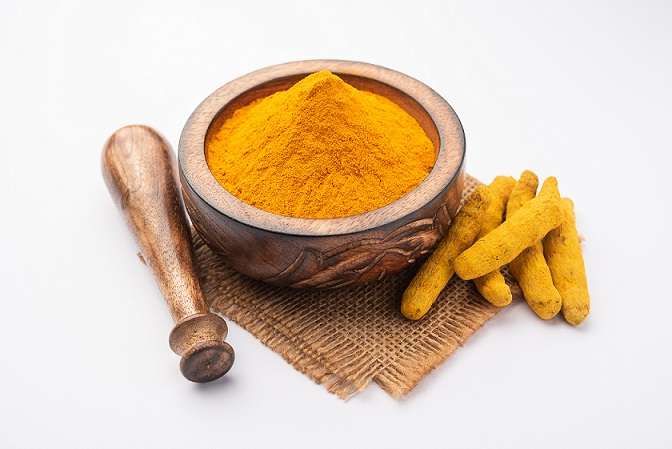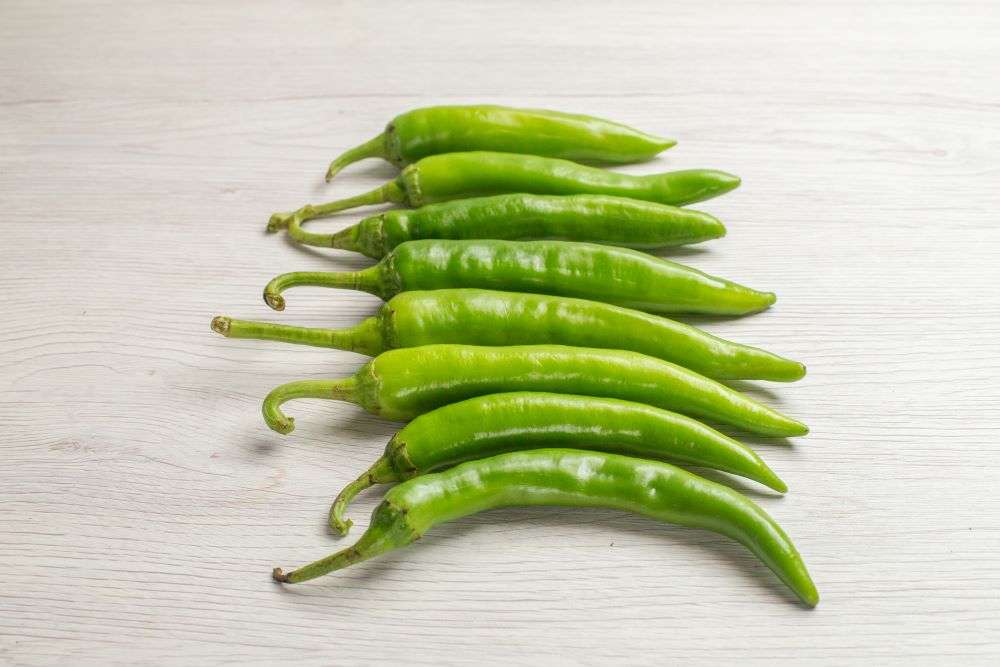As an established Indian export company specializing in garlic, Indo Foods Export is at the forefront of the global marketplace. To thrive in this competitive environment, it’s essential to understand and adhere to global quality standards. This not only ensures compliance with international regulations but also enhances product appeal and reliability. In this blog, we will explore the crucial global quality standards for garlic export and how Indo Foods Export can align with these standards to maintain excellence and expand its international footprint.
1. The Significance of Global Quality Standards
Global quality standards are vital for several reasons:
- Safety Assurance: They help ensure that garlic is free from contaminants and safe for consumption.
- Market Access: Adhering to these standards is often a prerequisite for entering and competing in international markets.
- Brand Trust: Consistent quality fosters trust with global buyers, enhancing the company’s reputation.
2. Key Global Quality Standards for Garlic
a. Codex Alimentarius Standards
The Codex Alimentarius Commission, created by the FAO and WHO, sets international food standards that are widely recognized. For garlic, the key Codex standards include:
- Quality Specifications: Guidelines on size, color, and overall appearance of garlic.
- Pesticide Residue Limits: Maximum residue levels (MRLs) for pesticides to ensure safety.
- Microbial Safety: Acceptable limits for microorganisms to prevent contamination.
b. Global G.A.P. Certification
Global G.A.P. focuses on Good Agricultural Practices (G.A.P.) and includes:
- Environmental Management: Practices to minimize environmental impact, including soil and water management.
- Worker Welfare: Ensuring fair labor practices and safe working conditions.
- Traceability: Systems to trace garlic from farm to table, enhancing transparency.
c. Organic Certification
For garlic to be marketed as organic, it must comply with standards from certifying bodies such as the US DA Organic or EU Organic:
- Prohibition of Synthetic Chemicals: Garlic must be grown without synthetic pesticides or fertilizers.
- Sustainable Practices: Emphasis on maintaining soil health and ecosystem balance.

3. Navigating Regional and Market-Specific Standards
Different regions have their own specific requirements, which Indo Foods Export must consider:
- European Union (EU) Standards: The EU has stringent regulations on pesticide residues, quality grades, and packaging for garlic.
- United States (US) Standards: Compliance with FDA and USDA regulations is necessary, including guidelines on garlic quality and safety.
Understanding and meeting these regional standards is crucial for market entry and successful trade.
4. Implementing Effective Quality Control Measures
To ensure compliance with global standards, Indo Foods Export should implement robust quality control measures:
- Regular Testing: Conduct routine tests for pesticide residues, microbial contamination, and overall quality.
- Certifications: Obtain relevant certifications such as Global G.A.P. or organic certification to enhance market credibility.
- Staff Training: Provide ongoing training for staff and suppliers on best practices and compliance requirements.
5. Building and Maintaining Strong Supplier Relationships
Building strong relationships with reliable suppliers is key to maintaining quality:
- Supplier Audits: Regularly audit suppliers to ensure they adhere to quality standards.
- Clear Guidelines: Set clear quality expectations and guidelines with suppliers to prevent discrepancies.
6. Utilizing Technology for Quality Assurance
Technology can significantly aid in maintaining and improving quality standards:
- Quality Tracking Systems: Implement digital systems to monitor and track garlic quality throughout the supply chain.
- Blockchain Technology: Use blockchain for transparent, tamper-proof record-keeping, ensuring authenticity and traceability.
For Indo Foods Export, understanding and adhering to global quality standards is more than just regulatory compliance—it’s about setting a benchmark for excellence in the international garlic market. By aligning with these standards, Indo Foods Export can ensure its garlic products are safe, high-quality, and competitive. This not only opens doors to new markets but also strengthens the company’s reputation as a trusted global exporter.
Embracing these global quality standards will help Indo Foods Export not only meet the expectations of international buyers but also build a sustainable and successful export business. With a commitment to quality and continuous improvement, Indo Foods Export can navigate the complexities of the global market and establish itself as a leading player in the garlic export industry.





